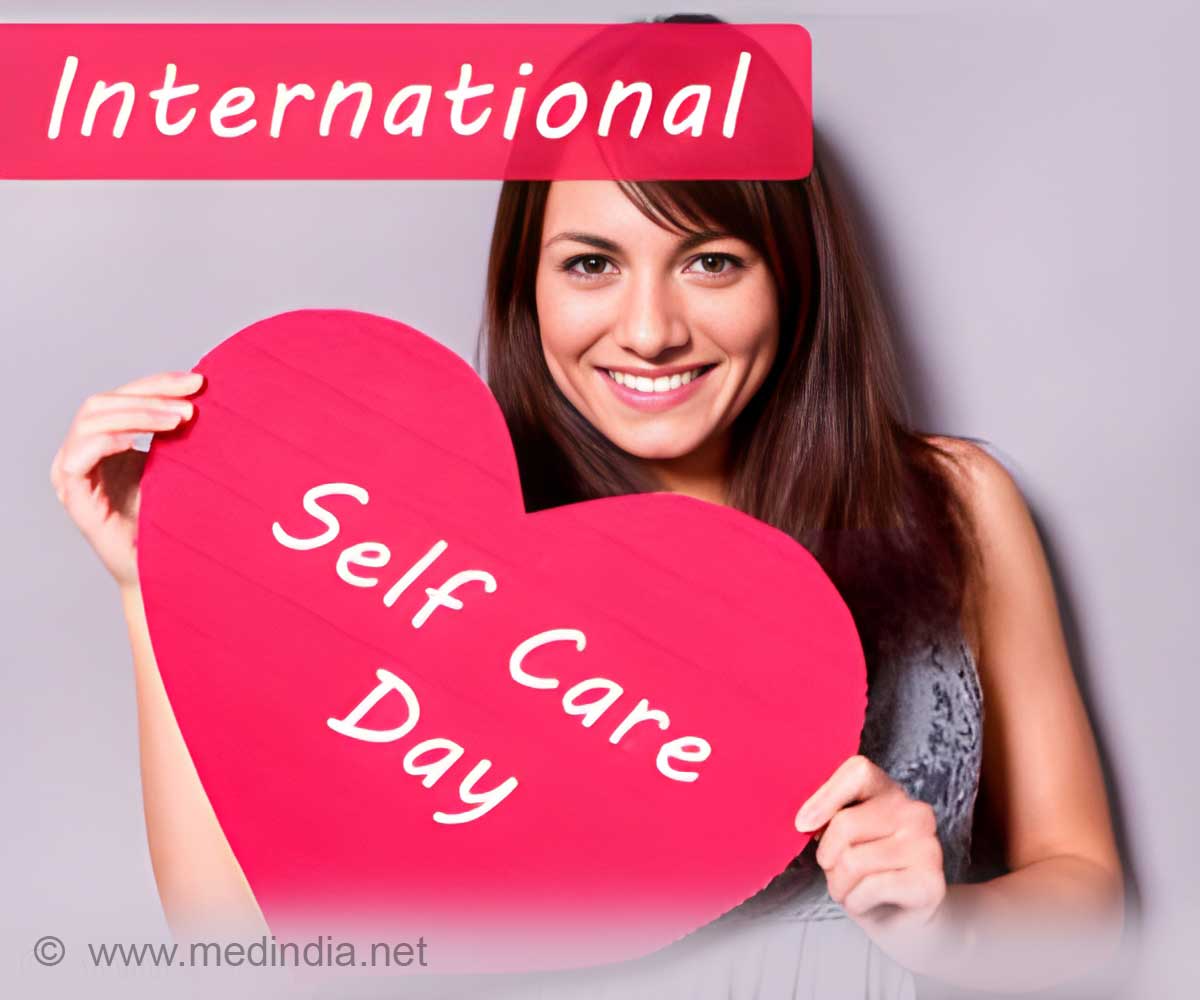Find out how to use diet, exercise, self-medication and preventive medicine to improve the quality of your life.

While adequate self-care can help to prevent chronic diseases, it can also help to reduce the costs of infectious diseases. Common infections and contagious diseases often spread because of poor hygiene, malnutrition and a lack of basic health care practices. The rapid spread of the Ebola virus in Africa last year should serve to highlight this fact. In the absence of basic health literacy, a disease that could have been contained through adequate self-care measures was allowed to run wild as panic set in and people made poor choices. The importance of health literacy in this context cannot be stressed enough. Poor levels of health literacy in parts of Ebola-hit Africa meant that people turned to religion and superstition, congregating in huge numbers in churches, despite public health warnings against such mass gatherings because of the high risk of contagion.
The situation in India is also quite precarious. With a growing urban population, there has been a dramatic rise in lifestyle diseases like heart disease and diabetes; many, if not all, result in untimely deaths. The economic cost in such situations goes far beyond medical expenses. There’s also the problem of poor hygiene and lack of basic sanitation that often characterizes the slums dominating India’s urban landscape. While India produces some of the best medical professionals who are sought after across the world, it is ill equipped to deal with the burgeoning problems that result from poor self-care.
The Essentials of Self Care
Here are some of the prerequisites to improving public health through self-care:- Health Literacy: The dissemination of sound medical information is crucial to improving public health levels. There is a vast body of knowledge available through the internet and public libraries and people need to be encouraged to educate themselves. Public health initiatives should focus on improving public health awareness levels.
- Self-Awareness: In the health care context, self-awareness implies being aware of your physical and mental health and taking steps to monitor and maintain your health. Knowledge about self-care and health literacy improves one’s levels of awareness and this knowledge needs to be applied practically by responding to your health condition and by seeking regular check-ups and medical tests. Preventive care is essential as timely identification of the warning signs of healthcare diseases can help avert problems that will prove to be a lot more costly in the long run.
- Physical Activity: A sedentary lifestyle is one of the major causes of lifestyle diseases and to counter this problem, you need to stay physically active. Make an effort to indulge in physical activities like walking, swimming or cycling regularly to maintain both your physical and mental health. If you do not have time to exercise regularly, try to engage in other physical activities; walk to the grocery store instead of driving or climb the stairs instead of using escalators.
- Diet: The dietary shift towards processed or refined foods and junk foods has been another major contributing factor towards lifestyle diseases. The risk of such diseases can be significantly reduced by making healthy food choices.
- Risk Control: Certain behaviors increase the risk of diseases and accidents and such behaviors need to be avoided. For example, people need to be encouraged to seek vaccination; they should be encouraged to follow safety protocol such as wearing seat belts and following driving laws, using pedestrian footpaths and so on.
- Hygiene: Improving hygiene levels and sanitation can greatly reduce the cost of diseases like typhoid, dysentery and cholera. Poor hygiene can also be a contributing factor to the high incidence of conditions like malaria as open sewers and stagnant water provide breeding grounds for mosquitoes.
- Responsible Use of Health Care Services: Medications can be central to self-care but they need to be used responsibly. To this end, people need to be better informed about the appropriate usage of diagnostic tools, preventive medicine and over the counter medications, and also about the risks associated with irresponsible usage.
Here are some points so keep in mind as you try to take control of your health:
- Eat Healthy: Make sure that your diet is well balanced and nutritious by including foods from every food group. Always opt for fresh food varieties rather than processed foods and try to use healthier cooking methods eating foods like salads, bakes and other cooked foods rather than fried foods. Eat plenty of fresh fruits and veggies and go slow on the red meat and sodas.
- Personal Hygiene: Always maintain high levels of personal hygiene by bathing regularly, brushing your teeth and changing and washing your clothes frequently.
- Seek Medical Help: If you are unwell and cannot be certain that it is a mild illness, like a common cold that doesn’t require treatment, visit your doctor promptly. Follow your health care provider’s advice meticulously, especially when it comes to dosage, duration of treatment and follow-ups.
- Relax: Do not get so caught up in your fast paced life and urge to climb the corporate ladder that you forgot the essentials of health and wellbeing. Sleep and relaxation are absolutely essential and without adequate rest your body and mind cannot function to its full potential.
- Alcohol and Substance Abuse: Drink responsibly and occasionally. Heavy drinking is a leading cause of liver failure and other lifestyle diseases. Also make it a point to avoid smoking or quit smoking if you are a smoker. Likewise, avoid illegal drugs or any kind of pharmaceutical drug dependence and seek help if you fear that you may have an addiction.
- Taking Charge of Your Health: Depending on your age, start going for regular health checkups as required. Regular health checks are essential once you cross a certain age and can help you take timely action.
http://isfglobal.org/international-self-care-day/
https://en.wikipedia.org/wiki/Self_care









